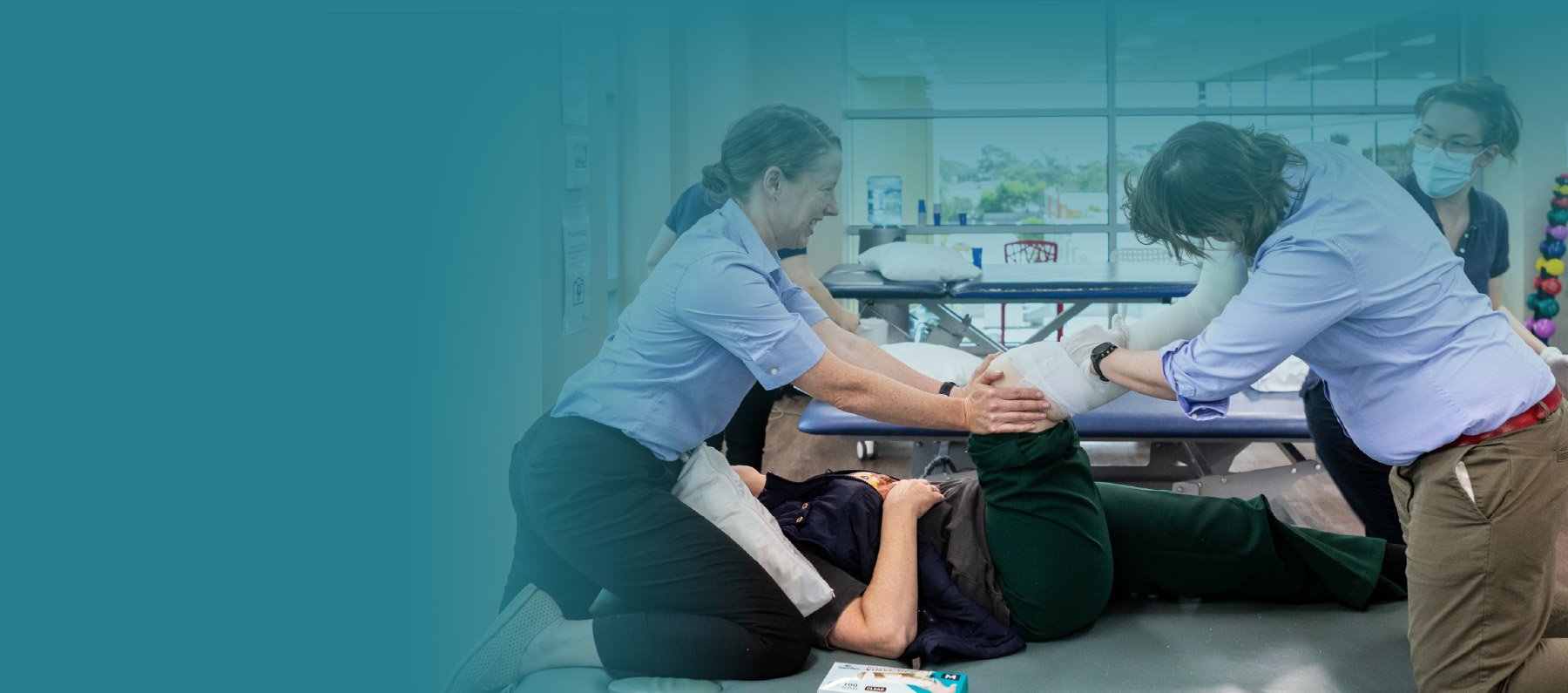
Conditions Treated
MUSCULAR DYSTROPHY
Muscular dystrophies are a group of genetic conditions that cause progressive skeletal muscle weakness and wasting as the muscle cells degenerate over time. Their severity varies hugely with some symptoms present at birth or early childhood and others developing later in life. Some of the more common types of muscular dystrophies include Duchene’s Muscular Dystrophy, Fascio-Scapulo-Humeral Dystrophy, Myotonic Dystrophy and Limb-Girdle Muscular Dystrophy. While it is unfortunate there is no cure for these conditions, physiotherapy can help to improve quality of life and provide support for the stage you are in. Exercise and physical activity in muscle wasting conditions is safe and important to reduce the risk of other common diseases such as heart disease osteoporosis, and diabetes. It is also important to keep moving in these conditions as inactivity can lead to further loss of muscle bulk, fatigue, weight gain, reduced bone density and pain.
What We Offer
At the Neurological Rehabilitation Group, our therapists will provide you with a comprehensive assessment focusing primarily on your movement patterns, range of motion, muscle flexibility and strength. Where appropriate, they will review your functional mobility, cardiovascular endurance, analyse your gait pattern and sitting posture. Our therapists want to understand what tasks you may be struggling with to find a solution to address that problem. They are equipped to provide therapy and advice to keep you mobile for as long as possible and manage the complications of your condition as they arise. This may include:
Education to facilitate a greater understanding of your health, the impact of your condition and how to exercise safely
Manage your contractures via advice on stretching programs, positioning guidelines, or splinting or serial casting
Provide advice on appropriate mobility gait aids to assist with maintaining ambulation for as long as possible
Equipment recommendations including orthoses or gait aids which may require referral to your local or our specialty orthotic clinic
Prescribing an aerobic and low to moderate intensity strength program targeting your areas of weakness, being mindful of pain and endurance limits
Balance retraining, in some cases this may include floor transfers practice in the event of a fall
Progress and update a personalised exercise program to keep you as active as possible including prescription of hydrotherapy or gym programs in your local area
Carer training to facilitate skill practice, identification of implementation barriers, equipment advice for home
Review and prescribe wheelchair, seating systems or equipment (for more information see our posture and seating clinic)
Off-site hydrotherapy or swimming programs
Group exercise classes for general fitness or balance
Specialist gym programs within your local community with one of our exercise physiologists
Our therapists can also provide supportive advice and liaise with appropriate medical specialists as your mobility or respiratory function changes. They are also able to refer you to additional multidisciplinary specialists including speech, occupational therapists, dietitians, orthotists, or psychologists as required. They will also liaise with your appropriate funding bodies to support your needs where required.
For more information and support:
Muscular Dystrophy Australia www.mda.org.au
Muscular Dystrophy UK www.musculardystrophyuk.org
Muscular Dystrophy Association US www.mda.org
